China’s decision to ban exports of critical minerals such as gallium, germanium, and antimony to the United States has created ripples across global markets. These materials are essential for semiconductors, military applications, and clean energy technologies. While the ban presents challenges, it also creates opportunities for U.S.-based companies to fill the supply gaps and boost domestic production. Here are some companies that could benefit:
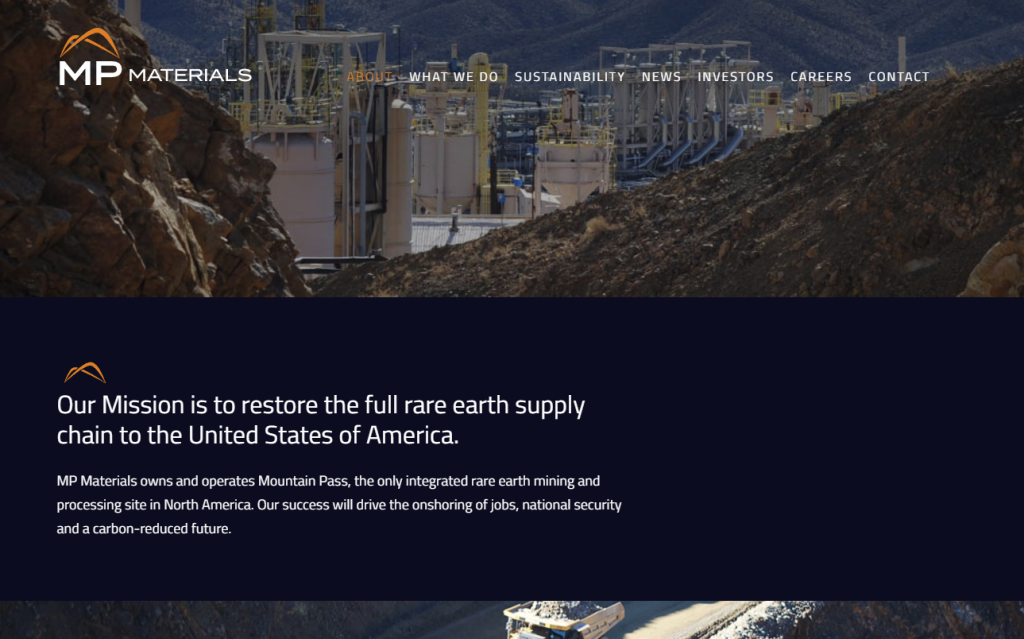
1. MP Materials Corp.
MP Materials operates the Mountain Pass mine in California, the only active rare-earth mining and processing facility in the United States. Although their focus has been primarily on rare-earth elements for magnets in electric vehicles, the ban on gallium and germanium could prompt the company to expand its operations to include these minerals.
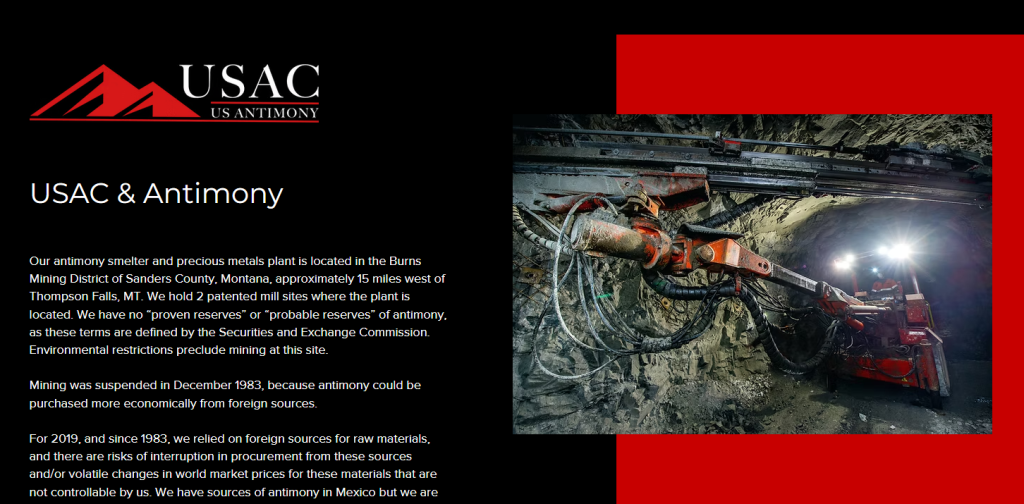
2. United States Antimony Corporation (UAMY)
This Montana-based company refines antimony and could see a surge in demand for its smelting and refining services. With the U.S. military and technology firms reliant on antimony for bullets, night-vision goggles, and batteries, the company is well-positioned to benefit from rising prices and increased domestic demand.
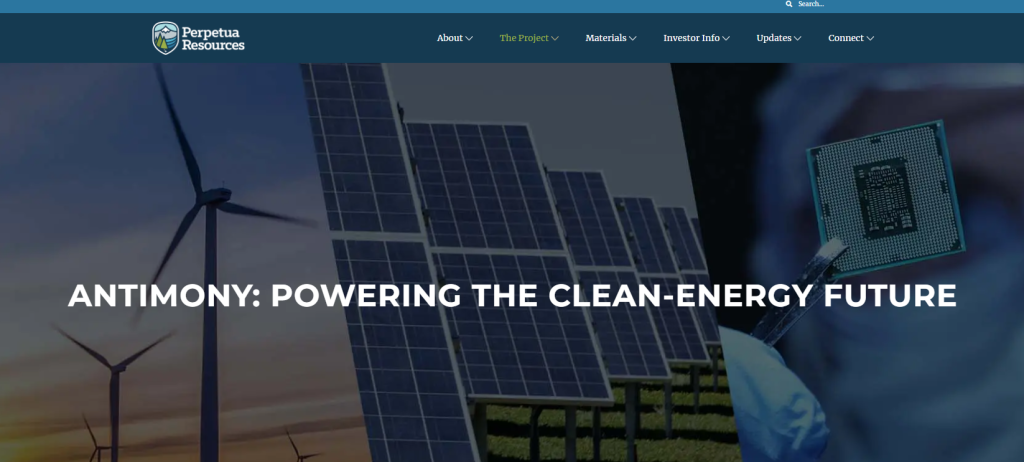
3. Perpetua Resources (PPTA)
Perpetua Resources is developing an antimony mine in Idaho with U.S. government support. This project aligns with national efforts to reduce dependence on Chinese mineral supplies. The ban could accelerate government funding and development timelines for the mine, making Perpetua a key player in meeting domestic antimony needs.

4. Intel Corporation (INTC)
Intel has been investing heavily in domestic semiconductor production, including its $20 billion facility in Ohio. The ban on gallium and germanium imports could incentivize Intel to develop partnerships with domestic suppliers or invest in in-house capabilities to secure its supply chain.
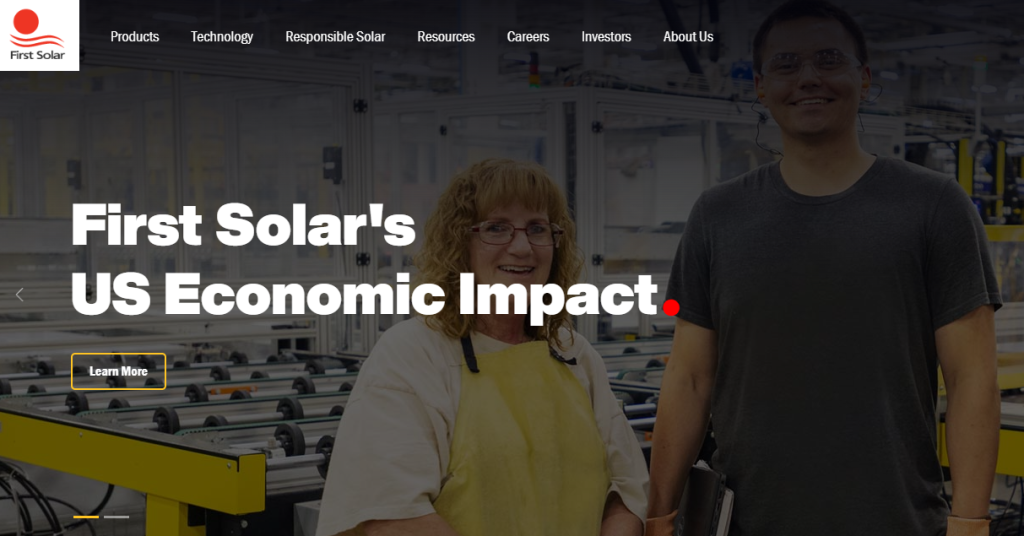
5. First Solar (FSLR)
As germanium is a critical component in photovoltaic solar cells, First Solar, a major U.S. solar panel manufacturer, may benefit from initiatives to source materials locally. Increased funding for domestic mineral sourcing and innovation could help First Solar expand its operations and reduce dependence on foreign suppliers.

6. Talon Metals Corp.
Although headquartered in Canada, Talon Metals is heavily involved in developing a nickel mine in Minnesota. As the ban raises concerns about other critical minerals like nickel and cobalt, Talon could gain increased U.S. government support to expedite its projects and bolster local supply chains.
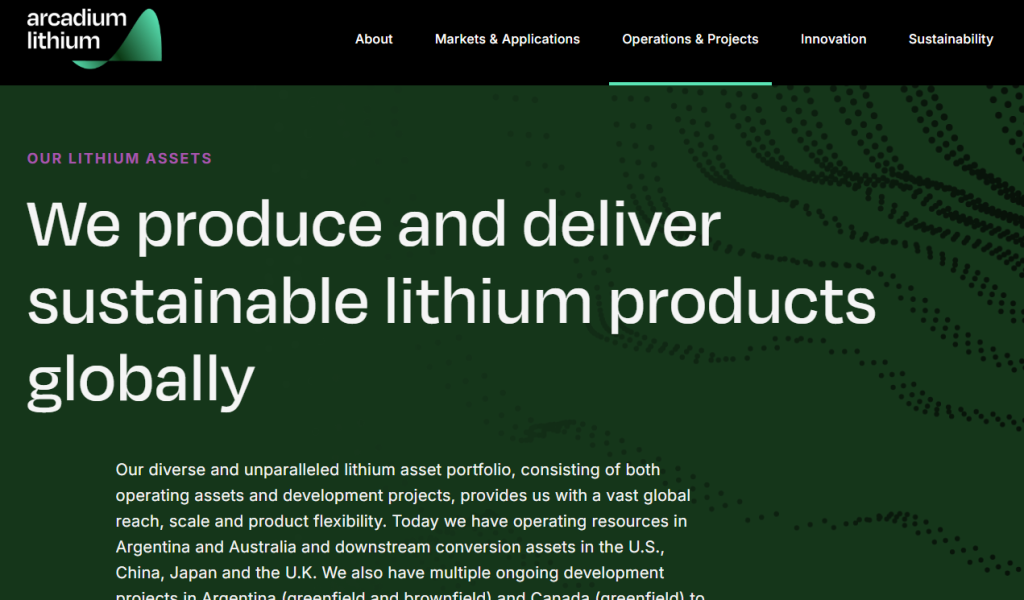
7. Arcadium Lithium
A U.S.-based lithium producer, Arcadium could benefit from efforts to diversify critical mineral supply chains. While lithium isn’t directly affected by the current ban, the broader geopolitical tension could lead to increased domestic production incentives for all battery materials.

The ban underscores the urgency for the U.S. to diversify and secure critical mineral supply chains. Government policies, such as subsidies for domestic mining and refining operations, could further bolster companies like MP Materials, Perpetua Resources, and United States Antimony Corporation.
Scaling up domestic production of these minerals will take time and significant investment. Additionally, environmental concerns and regulatory hurdles could delay new mining projects. However, the current geopolitical climate is likely to prioritize national security, potentially easing some of these barriers.





